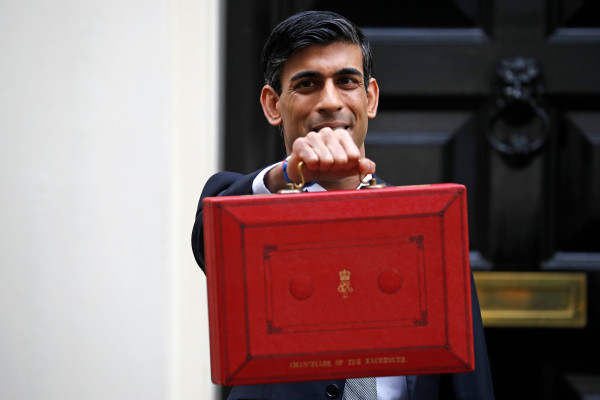

The government has renewed its threat to penalise any financial advisers found to have promoted tax avoidance schemes, which could equal 100 per cent of fees earned, as it announced a call for evidence on the quality of tax advice.
In today's Budget Rishi Sunak promised to "raise standards" in the market of tax advice, with the government set to publish a call for evidence in the spring.
He said: "This will seek evidence about providers of tax advice, current standards upheld by tax advisers, and the effectiveness of the government’s efforts to support those standards, in order to give taxpayers more assurance that the advice they are receiving is reliable."
The government also set out plans to target the promoters of tax avoidance schemes.
HMRC has previously confirmed to FTAdviser "promoters" include companies and people ranging from the designers of schemes to accountants and financial advisers who recommend the schemes to their clients.
In papers accompanying the Budget today the chancellor renewed his threat that penalties for advisers found to have enabled tax avoidance would be "felt without delay" and equal to 100 per cent of fees earned.
The chancellor said: "HMRC will publish a new ambitious strategy for tackling the promoters of tax avoidance schemes.
"This will outline the range of policy, operational and communications interventions both underway and in development to drive those who promote tax avoidance schemes out of the market, disrupt the supply chain to stop the spread of marketed tax avoidance, and deter taxpayers from taking up the schemes."
This came as Mr Sunak clarified the government's position on the taxman's controversial loan charge, announcing it would provide HM Revenue and Customs with additional funding to tackle disguised remuneration schemes.
The loan charge has been levied since the start of this tax year on those who benefitted from disguised remuneration schemes, used to pay employees via third party companies which "loaned" the money to the worker.
As the loans were allegedly never intended to be repaid HMRC treated them as tax avoidance, but campaigners have argued many employees agreed to the schemes only after seeking expert advice.
A recent independent review of the loan charge concluded these schemes amounted to tax avoidance but certain measures were recommended to bring the controversial charge "back in line with the wider tax system".
rachel.mortimer@ft.com



